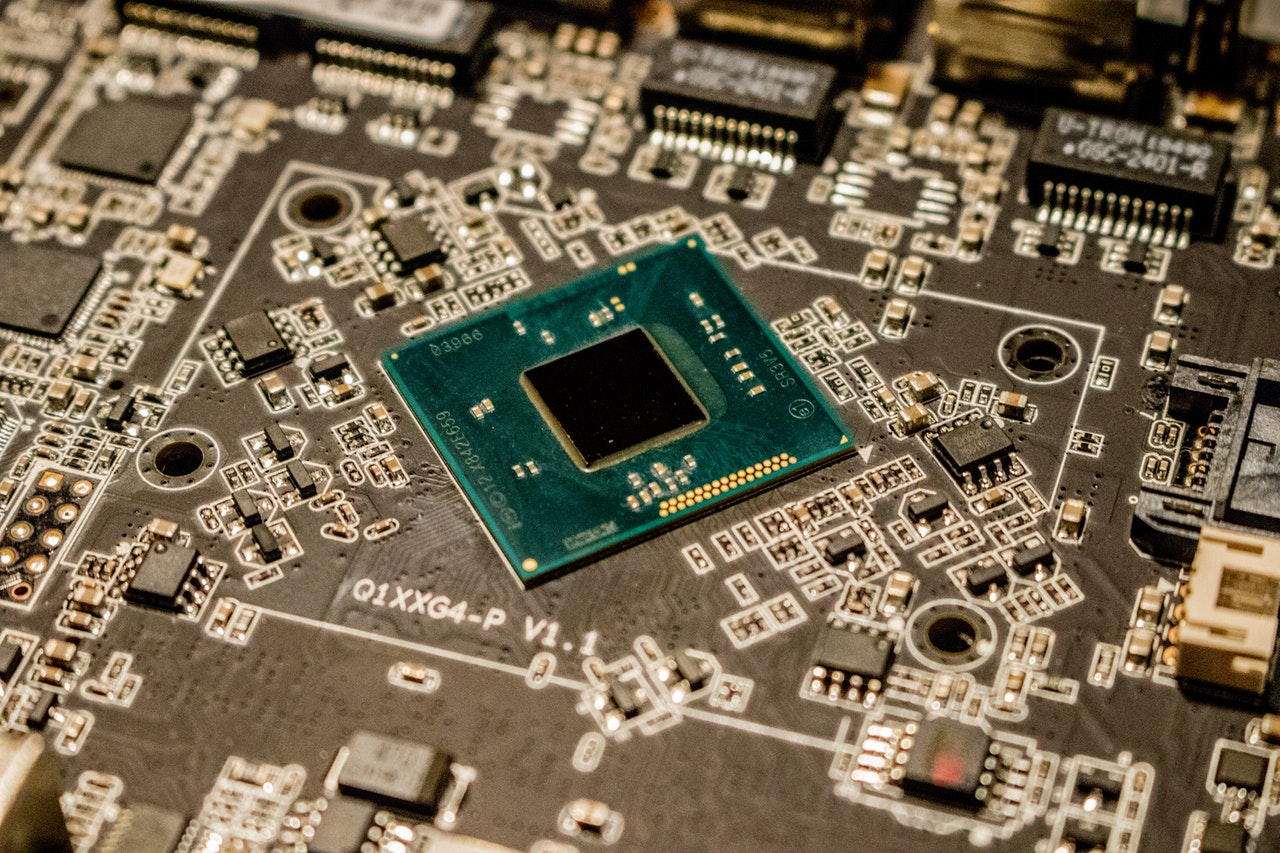The European Commission wants the continent’s market share in chips to double from 10 per cent to 20 per cent by 2030, as a global semiconductor shortage continues to decimate supply chains across the world.
Several industries – from the automotive sector to electronics and white goods manufacturers – have had to slow production, as both an increase in demand for electronics and factory shutdowns caused by the pandemic combined to create a perfect storm.
During a visit to the Netherlands-based ASML, Europe’s largest technology company, EC President Ursula Von Der Leyen said the Commission wanted to make Europe “more competitive and more sovereign” in the tech sector.
With that in mind, next year the Commission will propose the European Chips Act. If enacted, this will cover research, production and international cooperation, with the overall aim of preserving Europe’s security of supply.
“Not only because more chips in Europe means less dependence on a few countries. More chips in Europe is also good for the world, as it means more diverse supply chains,” Von Der Leyen said.
Indeed, semiconductors are currently manufactured by only a handful of companies, with Taiwan Semiconductor (TSM) being the largest chip-maker in the world.
Von Der Leyen added that the European Union would be investing substantially in the digital sector over the next years. Up to €200 billion from the EU’s Recovery Plan NextGenerationEU will fund developments in this sector.
In Malta, various companies have felt the effects of the global chip shortage.
Earlier this month, white goods and electronics store Forestals told Businessnow.mt that discounts on some goods during the upcoming Black Friday would not be able to keep up with price increases caused by the shortage.
Meanwhile, both the new and used car markets have been dealt a blow, with customers having to wait up to nine months to buy a new car.
This lack of supply of new cars has, in turn, put pressure on the second-hand car market – already struggling due to Brexit – with prices going up as much as 30 per cent.
In April, STMicroelectronics, which operates a factory in Malta, announced a capital investment in its production capacity worth €2 billion.
The company noted that one of the biggest challenges in the third quarter in 2021 for the whole automotive industry has been the pandemic situation in Malaysia, a country accounting for 13 per cent of the worldwide chip assembly testing production.
It also pointed out that although supply chains “remain stretched … demand continues to be well above our current and planned manufacturing capacity”.
Inflation risk re-surging as tensions heat up between Israel and Iran
Oil and gold prices jumped after the latest strike by Israel
WATCH: Rare torrential rain in Dubai wreaks havoc and causes major disruption
Flooding hits shopping malls, destroying stock
Spain to end ‘golden visa’ scheme over property market impacts
While countries are slowly banning the practice, Malta remains firm in keeping the scheme alive






